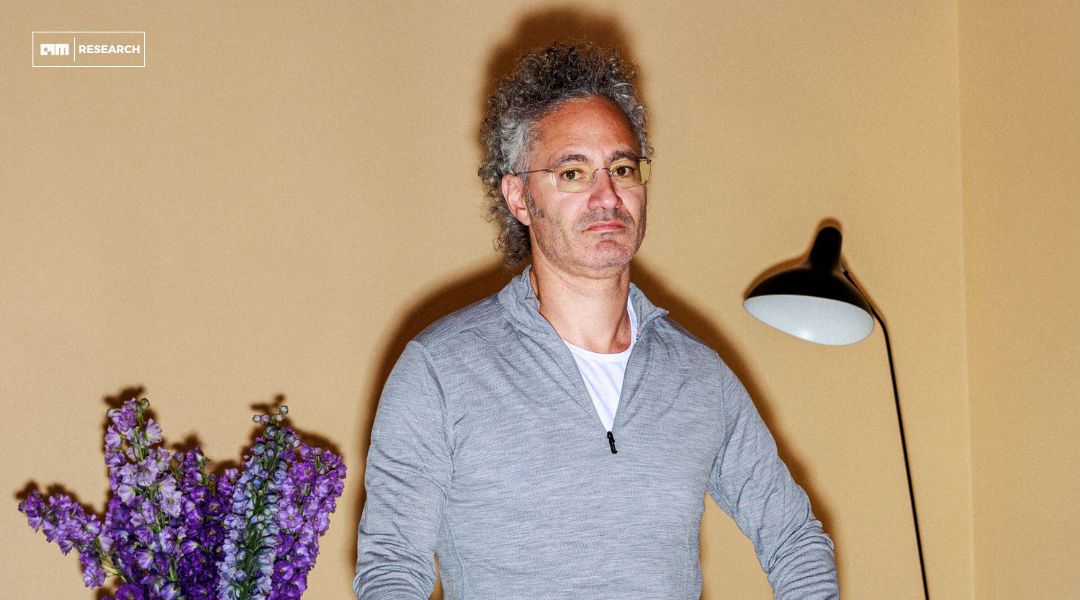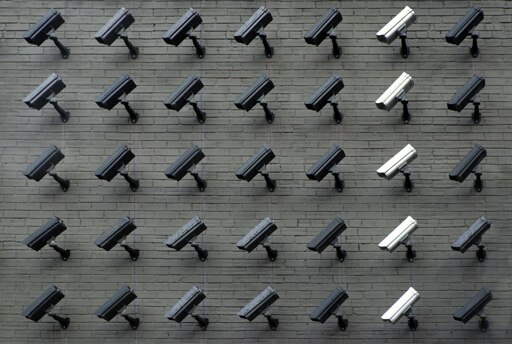

I feel like somebody did that when they first came out and they created some kind of ridiculous over the top penalty for doing it.
Its a bigger risk than I’m willing to take, but I would suggest if you’re going to go that route, try to get a wealthy and well connected friend to do it for you or have a good lawyer on retainer


Ok, I think you found a loophole